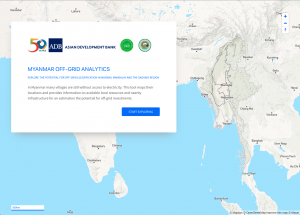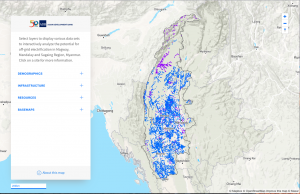Project Background
Within the priority area “Energy and Climate Change” in Indonesia GIZ implemented the following projects:
PAKLIM II – Policy Advice for Climate Change and Environment provided climate policy advice for supporting the implementation of nationwide climate policy through the promotion of institutionalised strategies and structures. It was commissioned by BMZ and started in February 2013, building on the successful implementation of the project, PAKLIM I (2009 – 2013). PAKLIM II has been extended to December 2016.
The project Biodiversity and Climate Change – BIOCLIME (12/2013 – 09/2016) has been commissioned by the German Federal Ministry for the Environment, Nature Conservation, Building and Nuclear Safety (BMUB). As part of the sector Forestry of the GIZ priority area Energy and Climate Change, BIOCLIME focussed on policy advice in the forestry sector in Sumatra.
The project Green Economy and Locally Appropriate Mitigation Actions in Indonesia – GE-LAMA-I belonged to the sector Forestry of GIZ priority area Energy and Climate Change. It has been commissioned by BMUB. GE-LAMA-I was implemented in East Kalimantan and East Java. It enhanced capacities for the development and implementation of four NAMA green growth initiatives that aim at reducing emissions from agriculture, forestry and other land-uses, as well as promote socio-economic growth on the national level.
Commissioned by BMUB, the project Strategic Partnership for Financially Supported NAMAs (Nationally Appropriate Mitigation Actions) and Climate Finance Support to the Indonesian Climate Change Trust Fund – ICCTF ran from 12/2013 until 11/2017. It aimed at improving the governance structure of the ICCTF towards national management. International funds should be transparently and efficiently channeled to support the implementation of NAMAs.
The project NAMA Development for Green Chillers – GREEN CHILLERS, commissioned by BMUB, started in 06/2014 and ended in 05/2018. GREEN CHILLERS followed a sector-specific NAMA approach for an efficient cooling and air-conditioning technology application. The project was incorporated into the national NAMA strategy.
Project Objectives
The task of the project was the Impact Monitoring of the five projects described above.
Project Results
The aim was to enable the program components to determine the relevance and alignment of activities, capacities and impacts, considering strategies, cooperation, controlling structures, processes as well as learning and innovation, through the implementation of a monitoring system. An evaluation should provide information that is credible and useful, enabling the incorporation of lessons learned into the decision-making process.
Client: German International Cooperation (GIZ)
Contract value: 399.420 €
Funded by: German TA (BMZ)
Date: 01/04/2015 - 31/12/2016


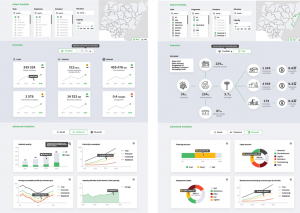

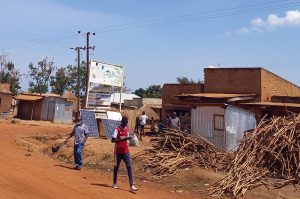 Project Background
Project Background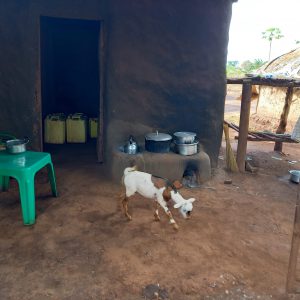
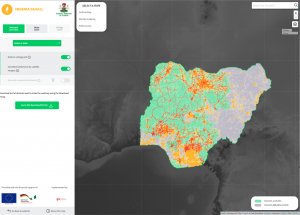

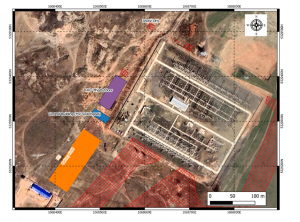
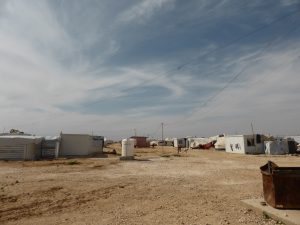
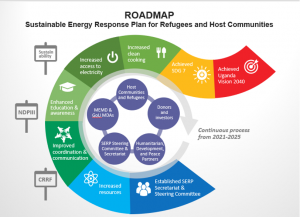 Project Background
Project Background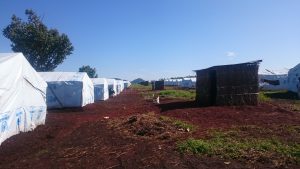 Project Background
Project Background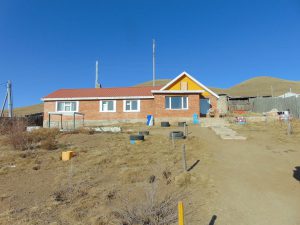 Project Background
Project Background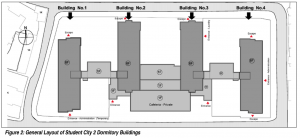 Project Background
Project Background


 Project Background
Project Background Project Background
Project Background Project Objectives
Project Objectives Project Background
Project Background Project Background
Project Background
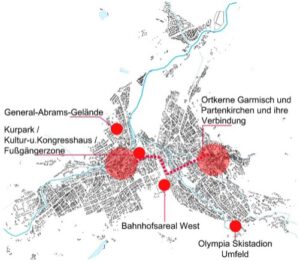
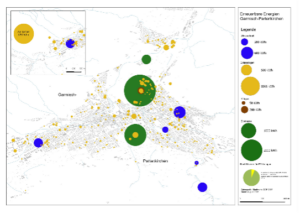
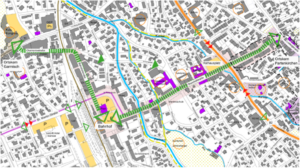
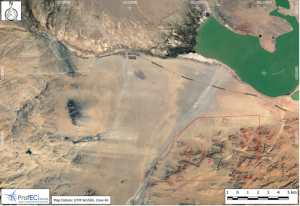
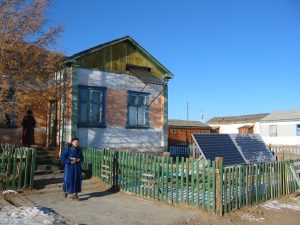 Project Objectives
Project Objectives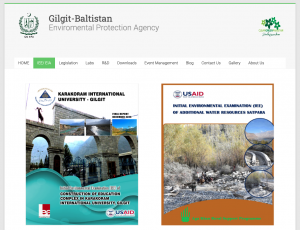

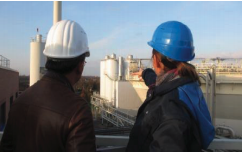
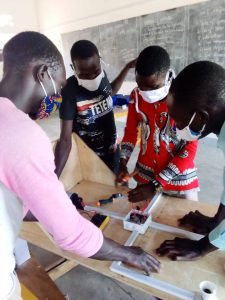 Project Background
Project Background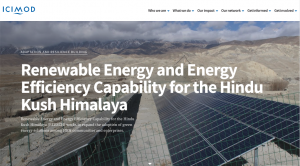
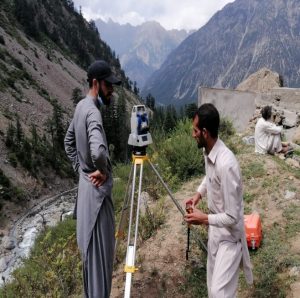 Project Background
Project Background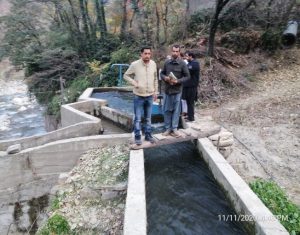
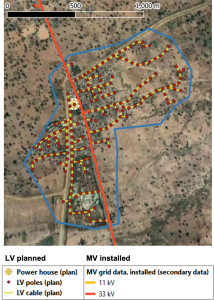 Project Background
Project Background